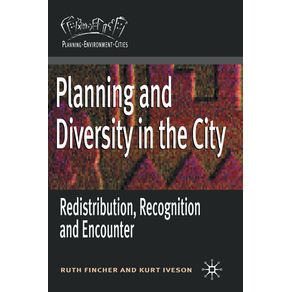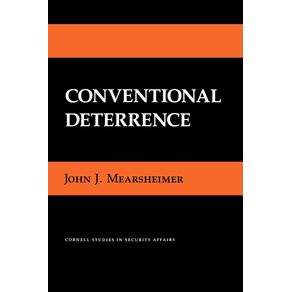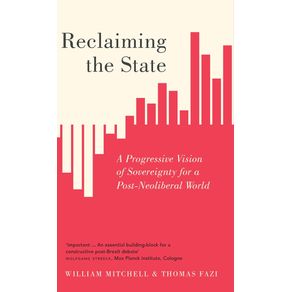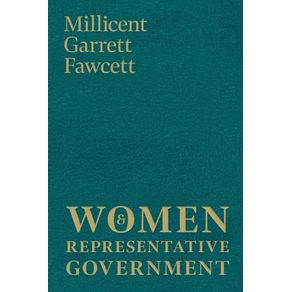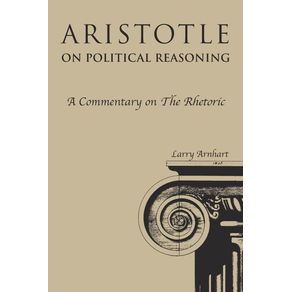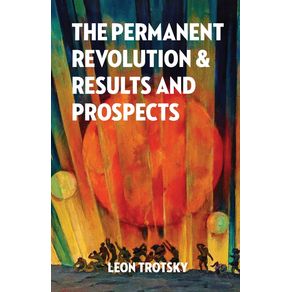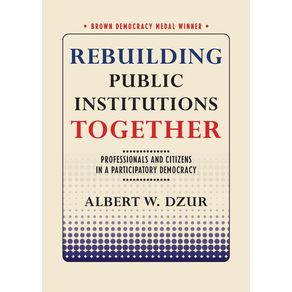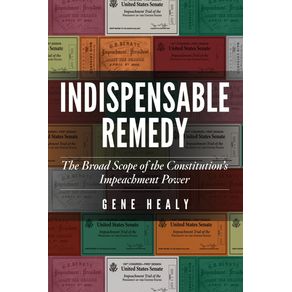-
DEPARTAMENTOS
- ANIMAIS DE ESTIMAÇÃO
- ARTES
- AUTO AJUDA
-
BEM ESTAR E LAZER
-
CATEGORIAS
-
-
CULINÁRIA E GASTRONOMIA
-
CATEGORIAS
-
-
ESPORTES
-
CATEGORIAS
-
- INFANTIL
-
RELIGIÃO
-
CATEGORIAS
-
- ADMINISTRAÇÃO E NEGÓCIOS
-
CIÊNCIAS BIOLÓGICAS E NATURAIS
-
CATEGORIAS
-
- DIREITO
- ECONOMIA
-
MEDICINA
-
CATEGORIAS
-
-
TODOS DEPARTAMENTOS
-
INTERESSE GERAL
-
LIVROS TÉCNICOS
-
- IMPORTADOS
Housing Policy at a Crossroads
Cód:
491_9780844742588
Housing Policy at a Crossroads
Autor:
Código:
491_9780844742588
Vendido e entregue por Um Livro
Since Franklin D. Roosevelts New Deal, American housing policy has focused on building homes for the poor. But seventy-five years of federal housing projects have not significantly ameliorated crime, decreased unemployment, or improved health; recent reforms have failed to revitalize low-income neighborhoods or stimulate the economy. To be successful in the twenty-first century, American housing policy must stop reinventing failed programs. Housing Policy at a Crossroads: The Why, How, and Who of Assistance Programs provides a comprehensive survey of past low-income housing programs, including public and subsidized housing, tax credits for developers, and block grants for state and local governments. John C. Weichers comparative analysis of these programs yields several key conclusions: Affordability, not quality, is the most pressing challenge for housing policy today; of all the housing programs, vouchers have provided the most choice for the poor at the lowest cost to the taxpayer; because vouchers are much less expensive than public or subsidized housing, future subsidized projects would be an inefficient use of resources; vouchers should be offered only to the poorest members of society, ensuring that aid is available to those who need it most. At once a history of housing policy, a guide to issues confronting policymakers, and a case for vouchers as the cheapest, most effective solution, Housing Policy at a Crossroads is a timely warning that reinventing failed building programs would be a very costly wrong turn for America.
Veja mais



